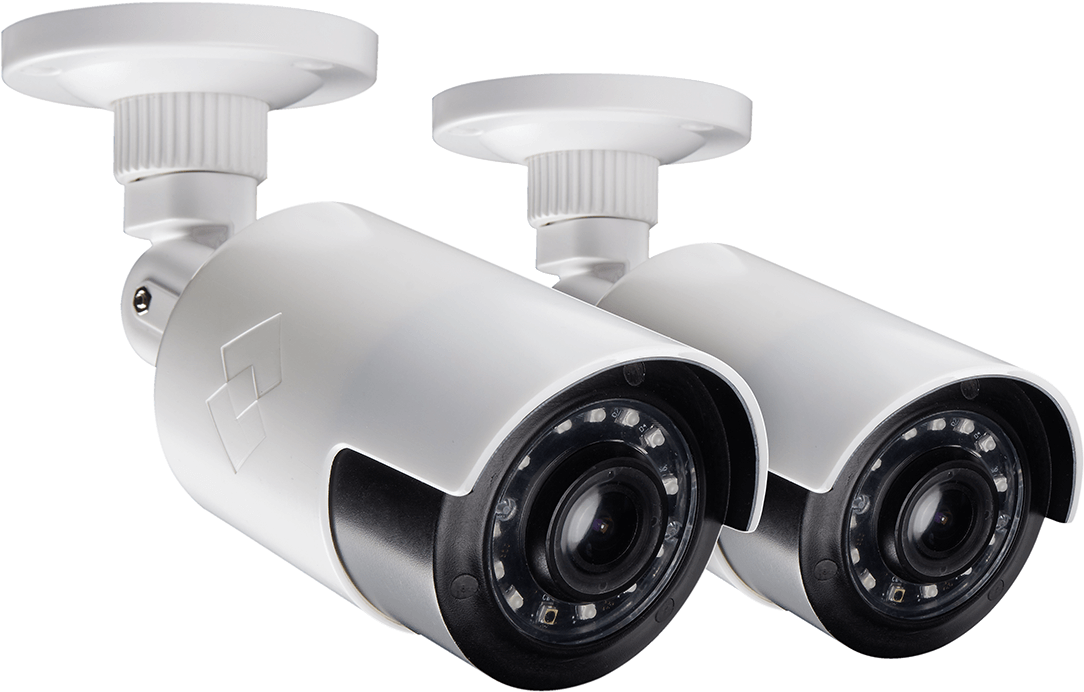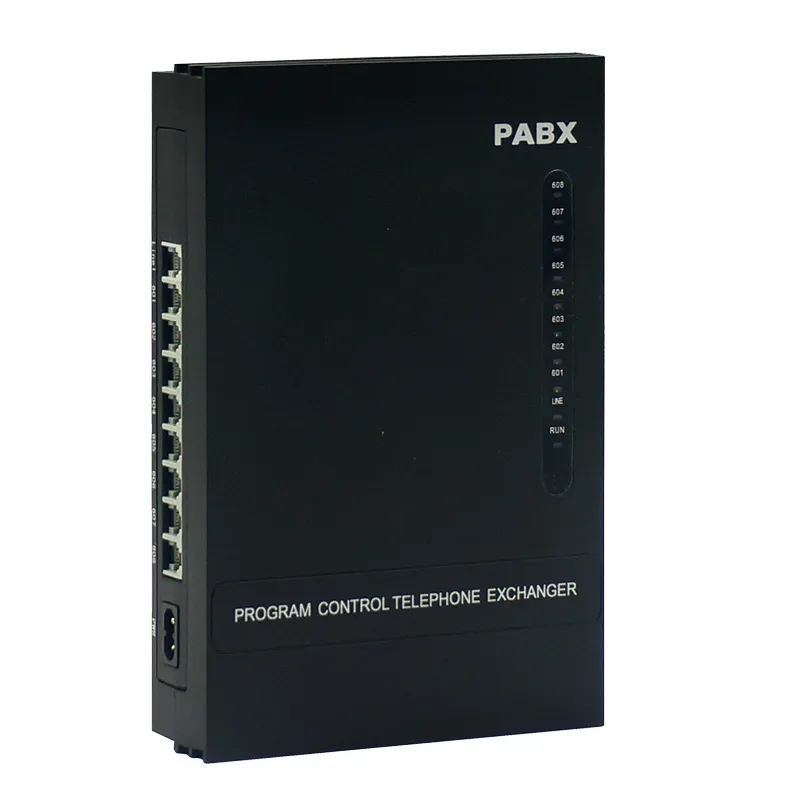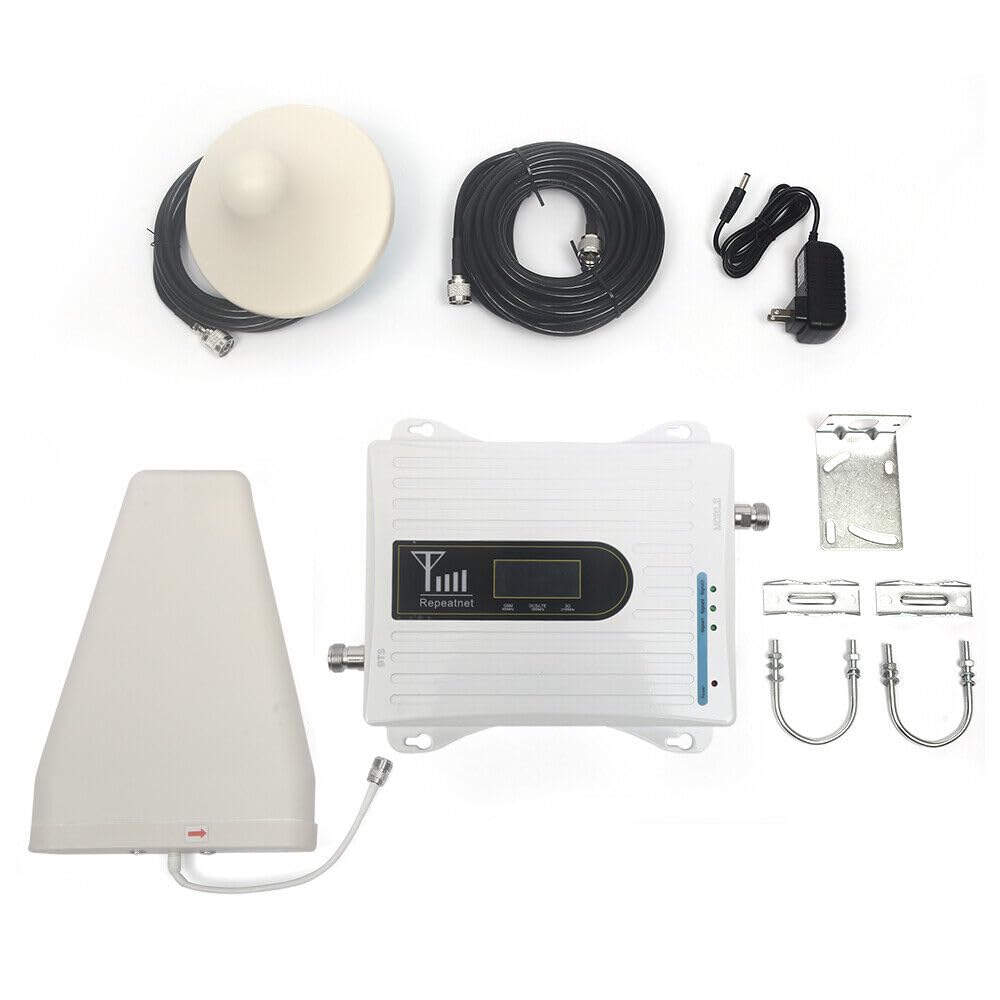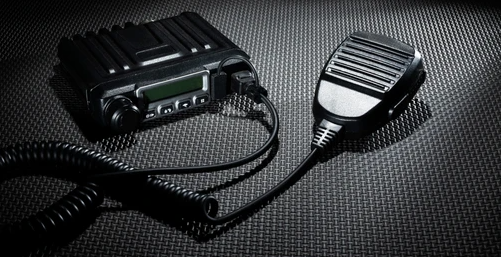Power Systems
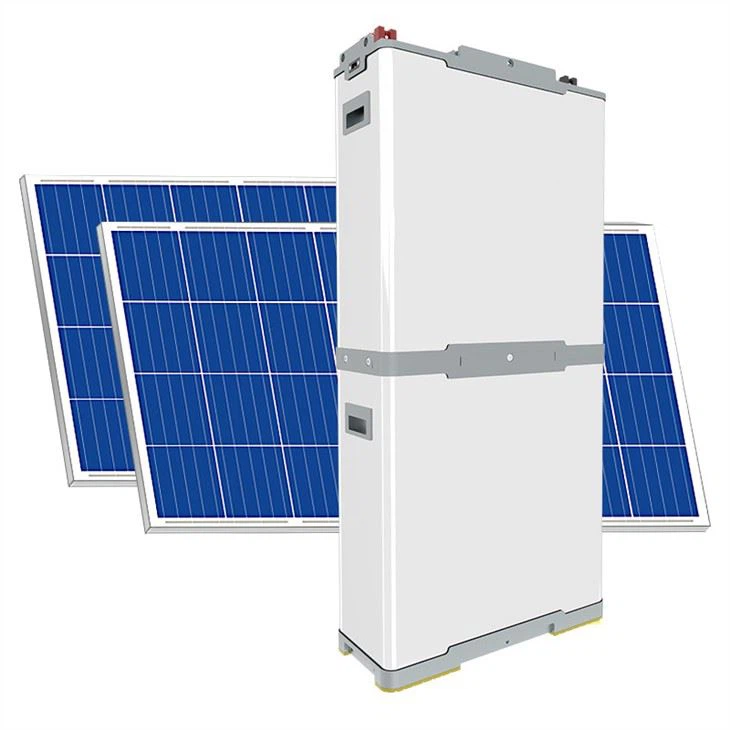
Power systems are vital to the operation of any modern business, providing the electricity required to run essential equipment, technology, and infrastructure. A power system ensures the efficient generation, transmission, distribution, and storage of electrical energy. In today’s rapidly evolving energy landscape, businesses are increasingly turning to innovative power solutions like solar power, uninterruptible power supplies (UPS), and backup generators to maintain reliable operations and reduce energy costs.
How Siebens Can Meet Your Power System Needs
At Siebens, we provide comprehensive power system solutions that cater to the unique energy demands of modern businesses. Whether you’re seeking to improve energy efficiency, reduce costs, or ensure reliability, Siebens offers:
- Tailored Power Systems: We design customized solutions, from grid-tied systems to renewable energy integration, that meet your operational needs.
- Backup and Emergency Power: Our UPS and generator solutions ensure your critical operations continue running during unexpected outages.
- Solar Energy Integration: We help businesses transition to renewable energy, providing complete solar power systems with battery storage to reduce costs and promote sustainability.
- Energy Management and Monitoring: Our advanced energy management systems optimize power usage, providing real-time data to help you make informed decisions about your energy consumption.
Types of Power Systems
Grid-Tied Power Systems: Businesses connected to the utility power grid rely on external power sources to meet their energy needs. Grid-tied systems are simple, requiring little on-site power infrastructure, but they are susceptible to power outages or fluctuations.
Off-Grid Power Systems: Off-grid systems are independent of the utility power grid, generating electricity through alternative means such as solar panels or wind turbines. These systems typically include energy storage solutions, such as batteries, to ensure a continuous power supply, even when renewable sources are temporarily unavailable.
Hybrid Power Systems: Hybrid systems combine grid-supplied electricity with renewable energy and backup power sources, offering a reliable and sustainable energy solution. Businesses use hybrid systems to reduce dependency on the grid while ensuring continuous power availability during outages.
Solar Power Systems: Solar power systems convert sunlight into electricity using photovoltaic (PV) panels. These systems can be grid-tied or off-grid, with many businesses using solar power to reduce energy costs and carbon emissions. Solar panels are often paired with battery storage systems to provide power during the night or cloudy days.
Emergency Power Systems: Businesses need backup power systems to ensure continuity during unexpected outages. These include:
- UPS Systems: Provide a short-term power solution during outages, giving businesses time to switch to backup generators or safely shut down systems.
- Backup Generators: Diesel or natural gas-powered generators provide long-term power during extended outages.
Modern Power Technologies
Technological advancements are reshaping how businesses approach their energy needs. Here are some key modern power solutions:
Solar Power with Battery Storage: Solar power has become one of the most popular renewable energy sources for businesses, thanks to the declining cost of solar panels and the growing availability of government incentives. Paired with battery storage, solar energy can provide continuous power, even when sunlight is not available. This reduces reliance on the grid and ensures power security.
Smart Grids and Demand Response: Smart grids use sensors and automation to manage electricity flow, allowing businesses to optimize power usage based on demand. By participating in demand response programs, businesses can reduce energy usage during peak times and receive compensation from utility companies for doing so.
Microgrids: Microgrids are small, localized power grids that can operate independently from the larger utility grid. They offer businesses greater control over their energy supply, allowing them to incorporate renewable energy, reduce costs, and ensure resilience during grid outages.
Energy Management Systems (EMS): EMS solutions allow businesses to monitor, control, and optimize their energy consumption in real time. By using data analytics and automation, businesses can reduce energy waste, lower costs, and improve overall energy efficiency.
Electric Vehicle (EV) Charging Stations: As businesses shift towards more sustainable practices, many are installing EV charging stations for employees and customers. EV charging infrastructure can be integrated into the company’s power system, often leveraging solar power and smart energy management for efficient charging.
Examples of Power Systems in Use
Solar Power Systems for Retail: Many large retail chains, such as Walmart and IKEA, have installed solar panels on their rooftops to generate renewable energy. These systems not only reduce the stores’ electricity bills but also serve as a commitment to sustainability. In some cases, excess energy is sold back to the grid, creating an additional revenue stream.
Data Centers with Backup Generators: Data centers are highly dependent on a continuous power supply to prevent downtime and data loss. Major data centers often use a combination of grid power, solar energy, UPS systems, and backup generators to ensure uninterrupted operations. For example, Google and Microsoft data centers implement such hybrid systems for reliability.
Manufacturing Plants with Hybrid Power Systems: Manufacturing facilities, which often have high energy demands, are increasingly turning to hybrid power systems that combine grid power with solar energy and backup generators. This ensures consistent production, even during grid outages or periods of peak demand. Tesla’s Gigafactory uses such hybrid systems to maintain operations.
Hospitals with UPS and Generators: Hospitals require uninterrupted power to maintain life-saving equipment and medical services. To ensure reliability, most hospitals use grid power as their primary source, supplemented by UPS systems and backup diesel generators. For example, major hospitals in urban areas have backup power systems that can operate for several days without external electricity.
Corporate Offices with Smart Energy Management Systems: Corporate offices often integrate smart energy management systems to monitor and reduce energy consumption. These systems automate lighting, heating, and cooling based on occupancy and time of day, resulting in substantial energy savings. Many large tech companies like Google and Apple utilize such systems in their campuses.

